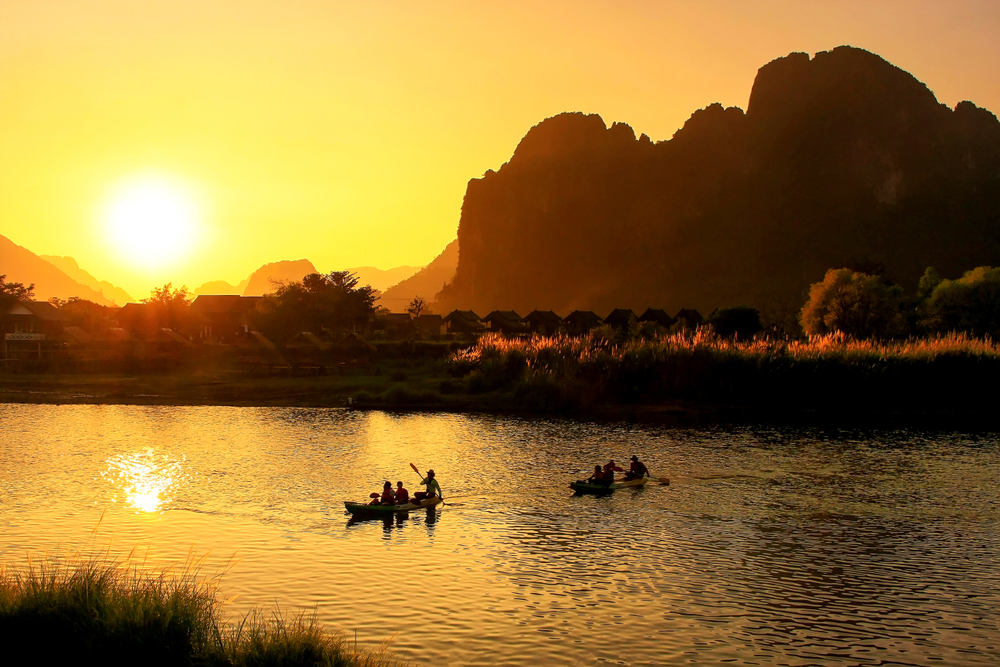In her new book, Rachel Hewitt uncovers the women written out of outdoor history. Here, she explains why it was important to tell their stories
Rachel Hewitt is a bestselling and award-winning author of several books including Map of a Nation: A Biography of the Ordnance Survey and A Revolution of Feeling: The Decade that Forged the Modern Mind as well as a critic and broadcaster.
She has written for the Guardian, Telegraph, Financial Times, New Statesman and Times Literary Supplement and is a Fellow of the Royal Society of Literature. Beyond writing, she has appeared on the BBC’s Coast and Timeshift programmes and regularly participates in BBC Radio Three’s Free Thinking.
But when Rachel lost five family members in five months, she turned to long-distance running across the wilds of North Yorkshire. However, in doing so, the inequities facing women in the outdoors and sports became all too apparent to her. She found she couldn’t hit the trails without being cat-called or followed by men and she couldn’t run or walk alone at night without fear.
As a result, she went in search of the foremothers who blazed a trail at the dawn of outdoor sports in the 19th century. However, during her research, she discovered that all too often women had been pushed to the peripherals of outdoor activities and sports.
The result is her latest book, In Her Nature, a powerful blend of memoir and history that covers women’s struggles to access the outdoors and how running ultimately helped Rachel deal with her bereavement. We sat down with Rachel to find out more.
1. Your new book tackles women’s struggle to access the outdoors. What’s the message you hope readers will take away from the book?
The book has two main messages. The first is that being active outdoors – running, walking, climbing or any number of activities that enable the body to move freely across the landscape – can be transformative for women, personally and politically. Sport helps us to know and care for our bodies.
The suffragist Mary Crawford wrote about how mountaineering grants women ‘confidence with every step’ and learning to move authoritatively in sport can have enormous knock-on effects in our everyday lives. I think running has made me much more aware of my own needs and more vocal in defending them.
This leads to the second message of the book: that because of the genuinely empowering nature of sport for women, misogynist men…
Click Here to Read the Full Original Article at Atlas & Boots…
